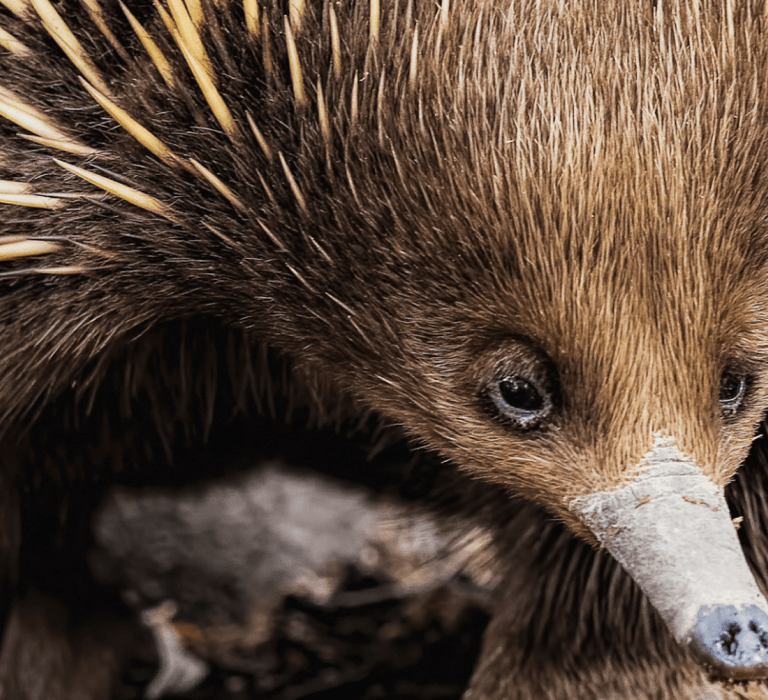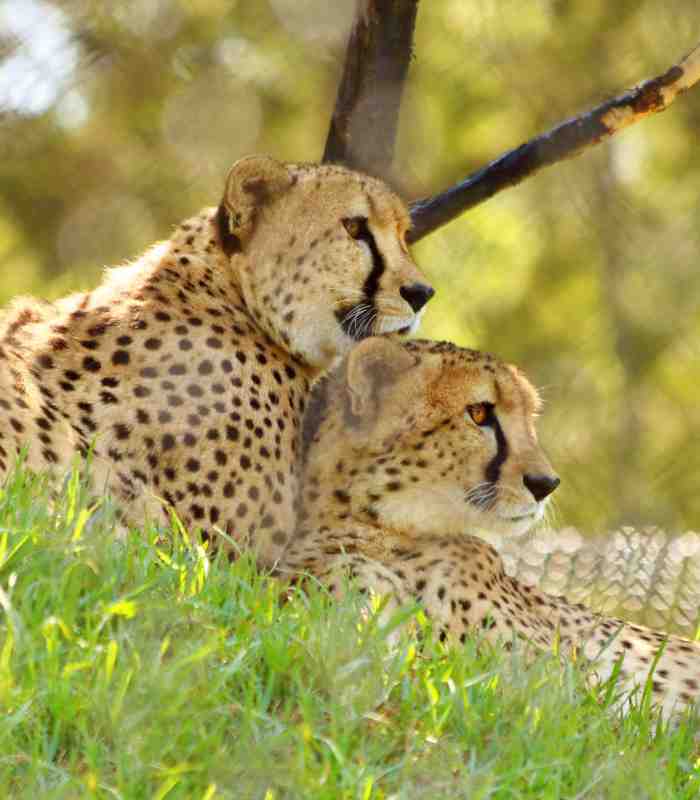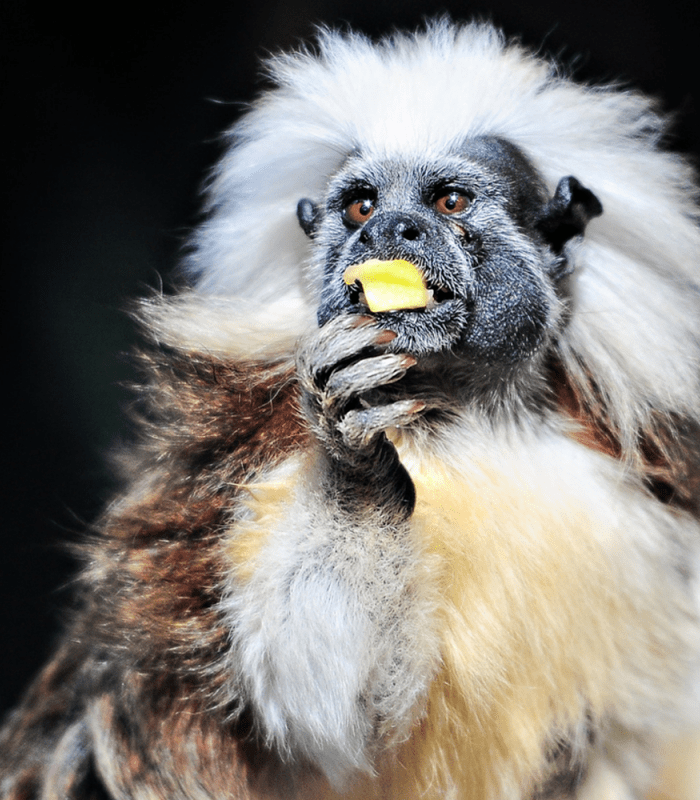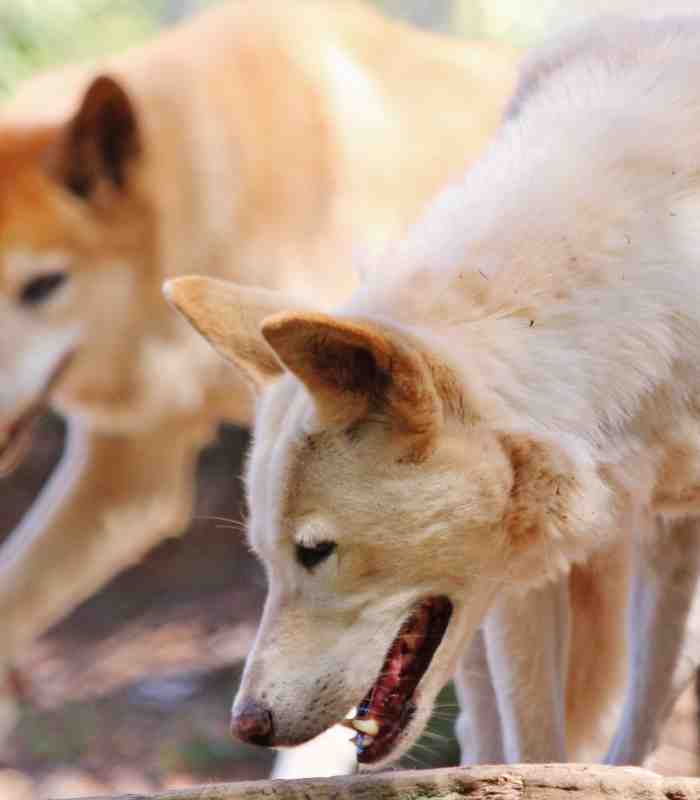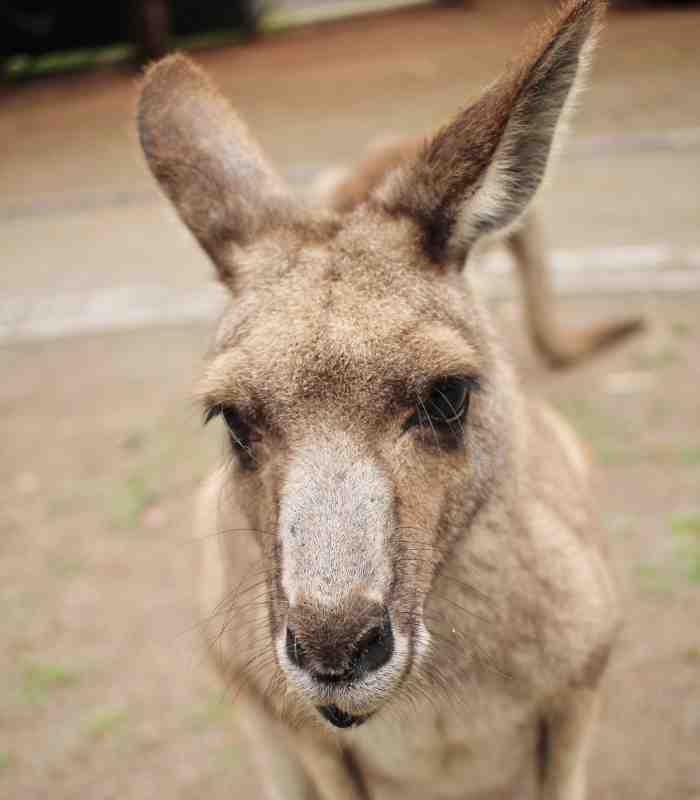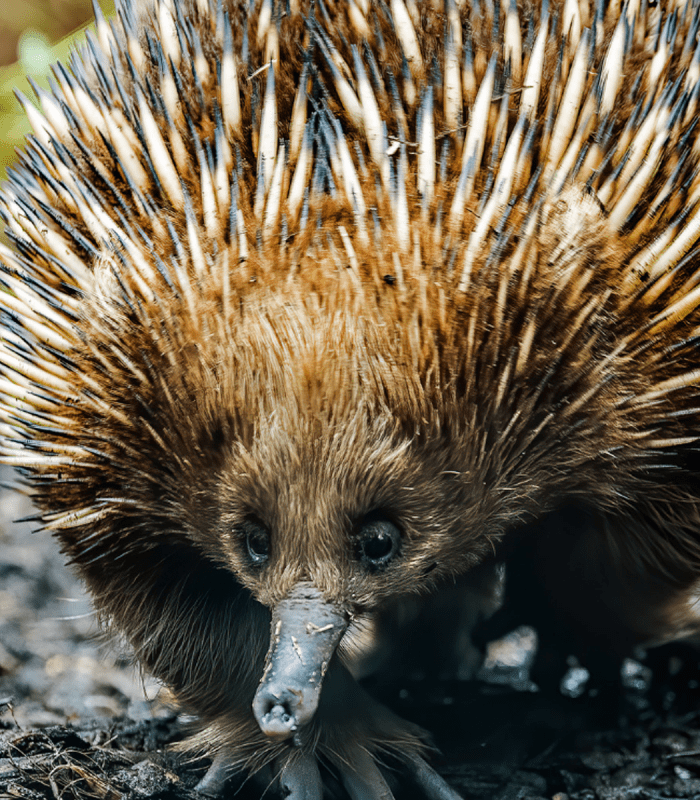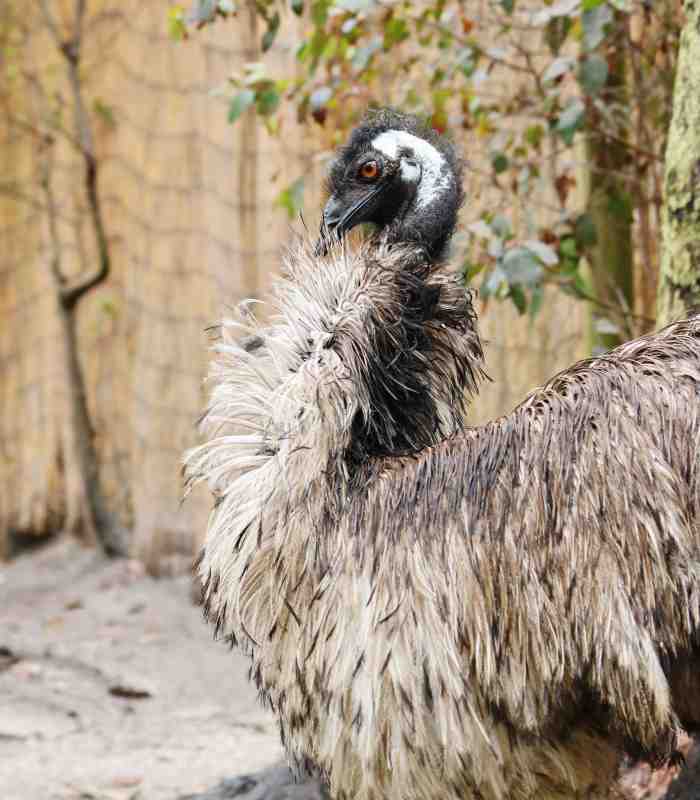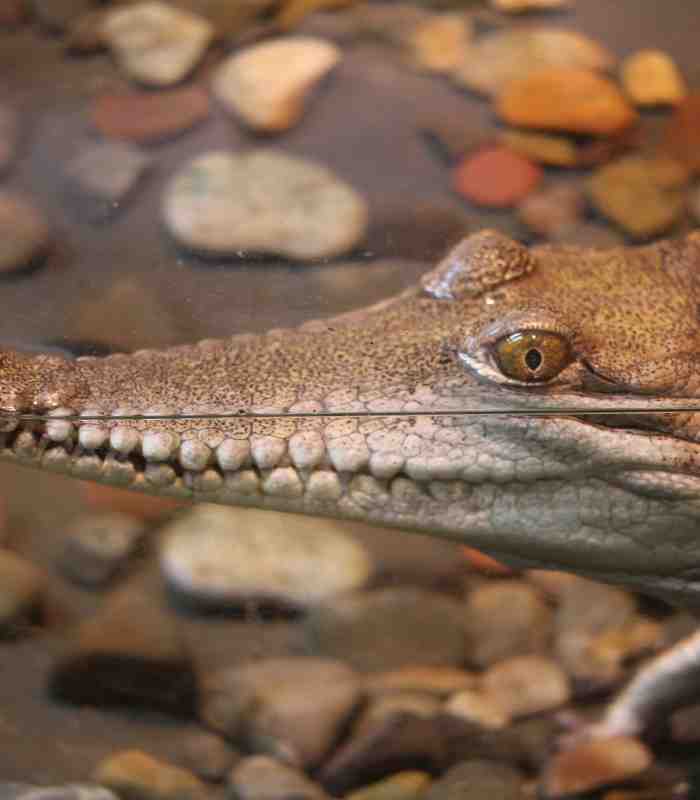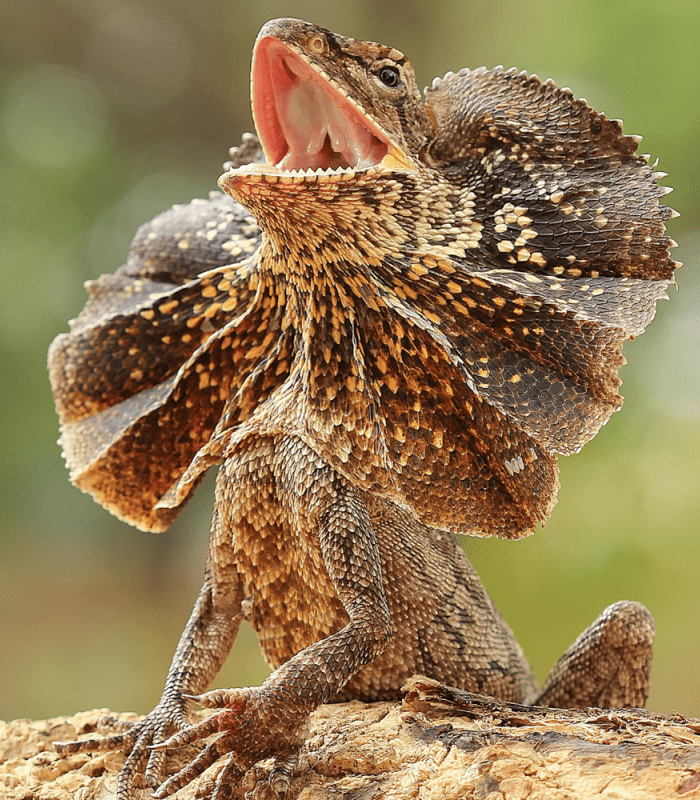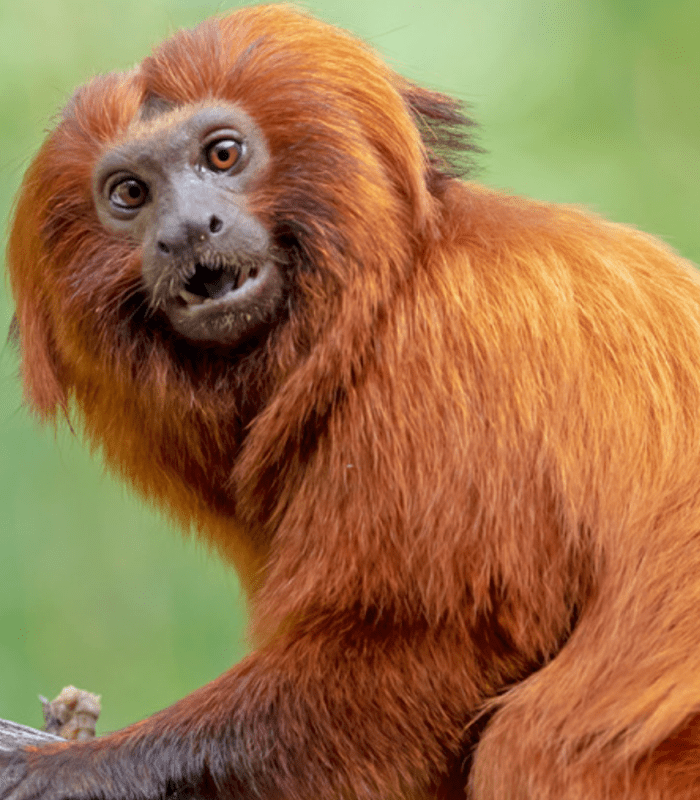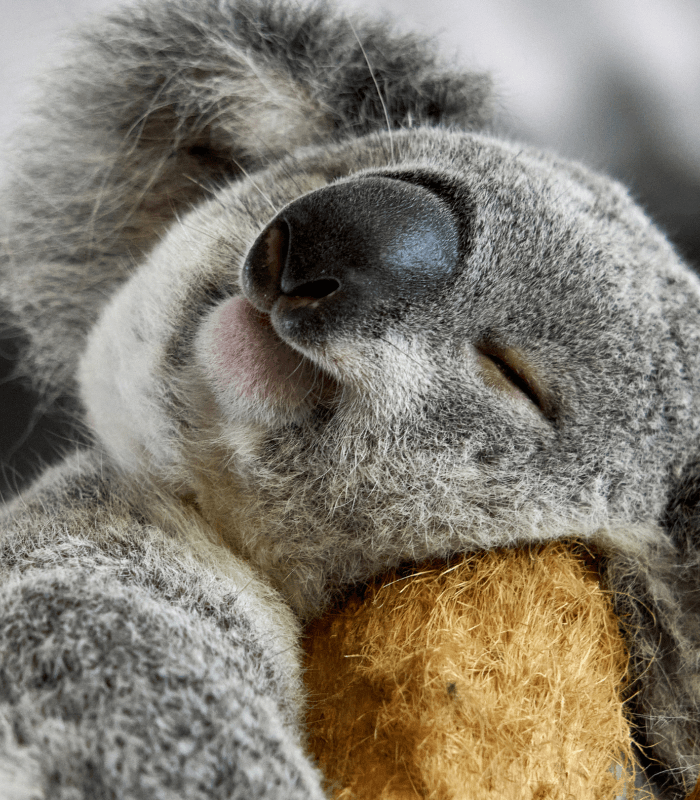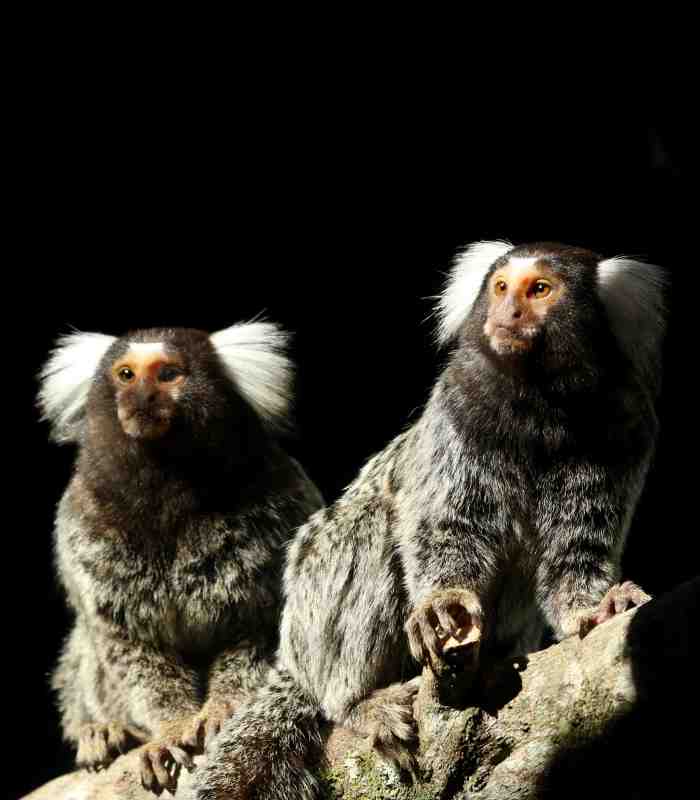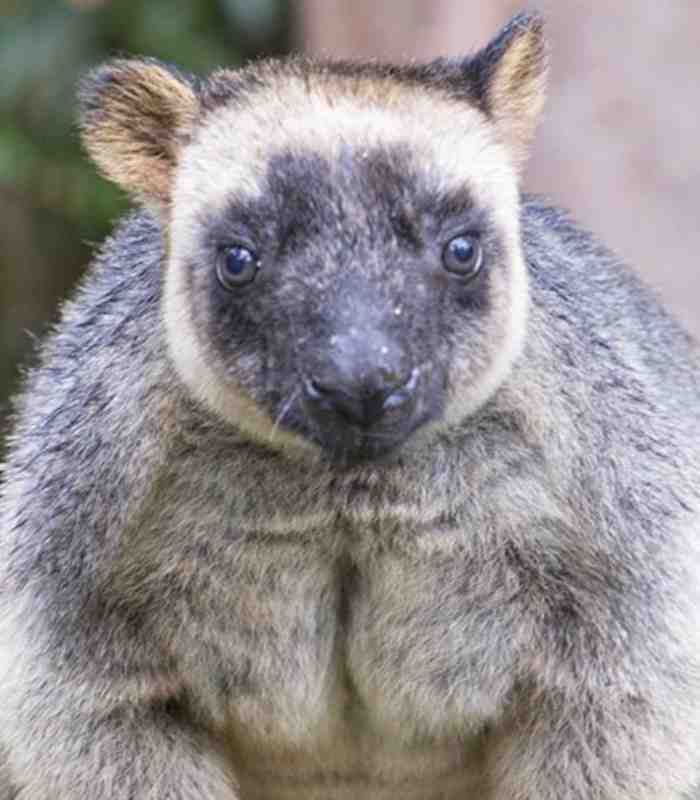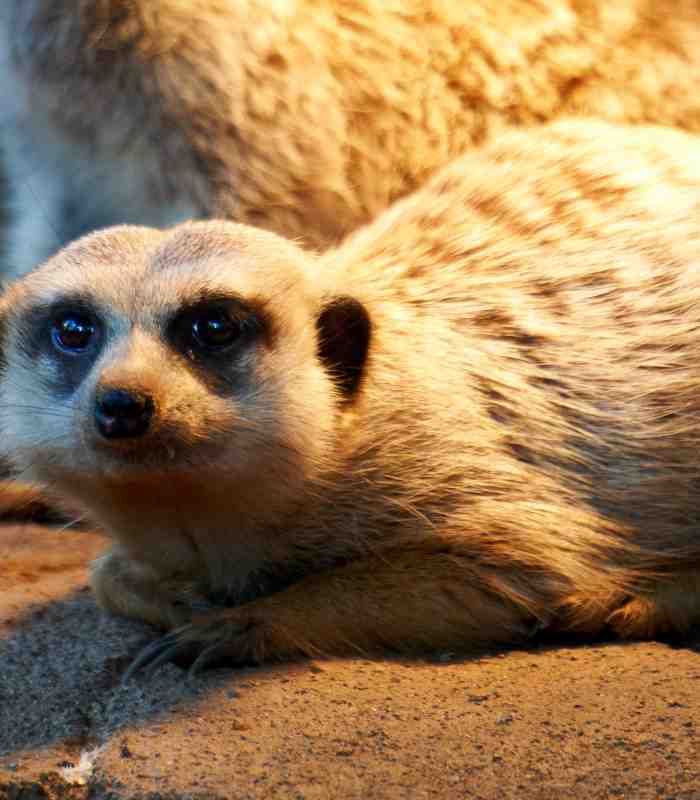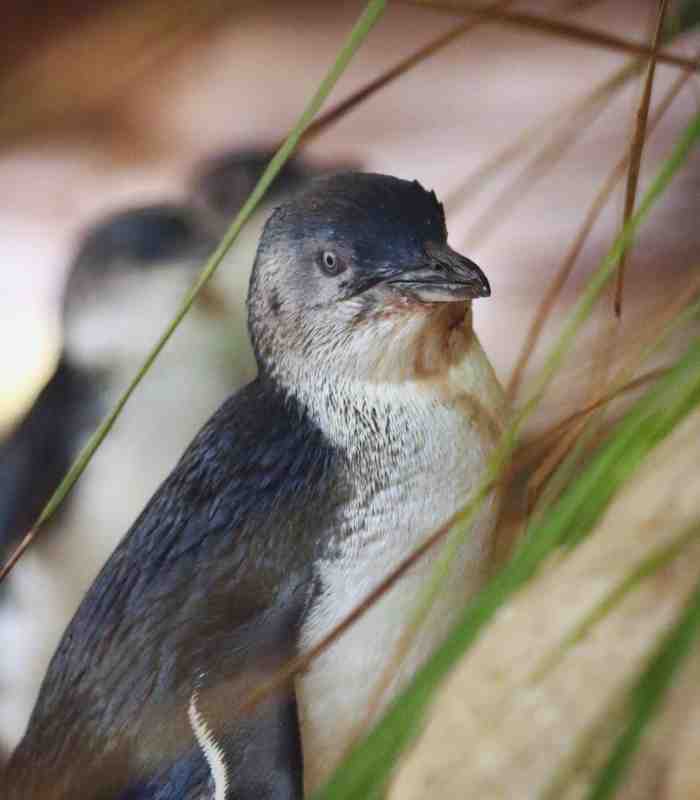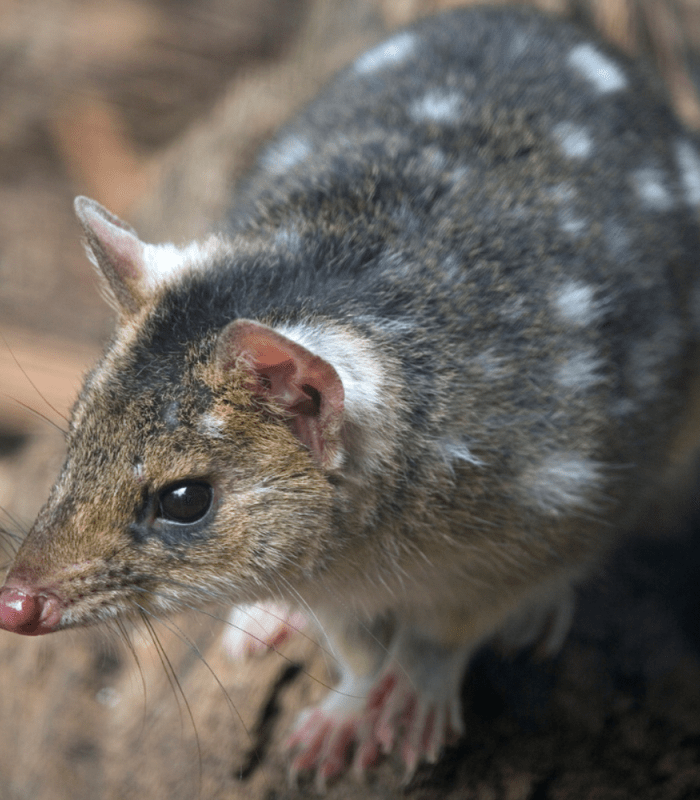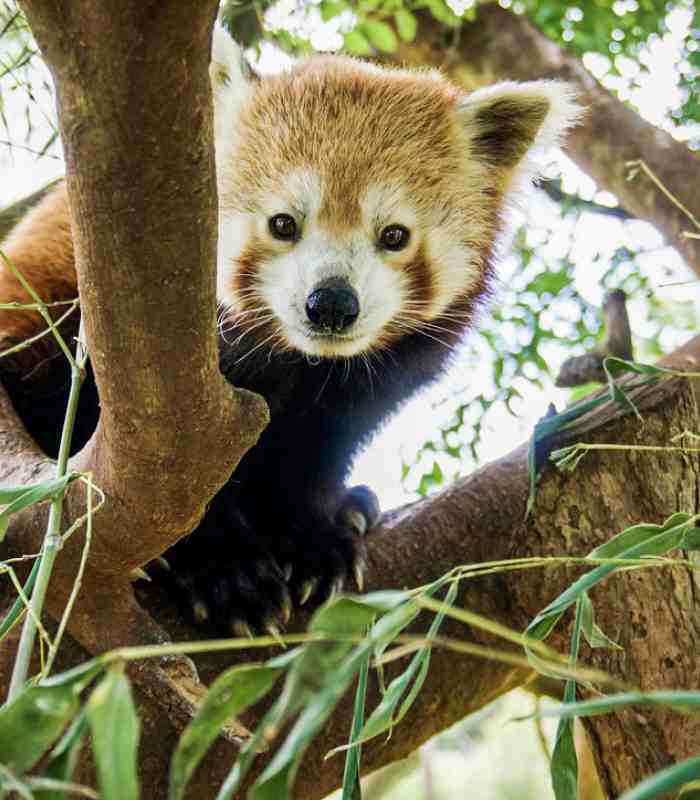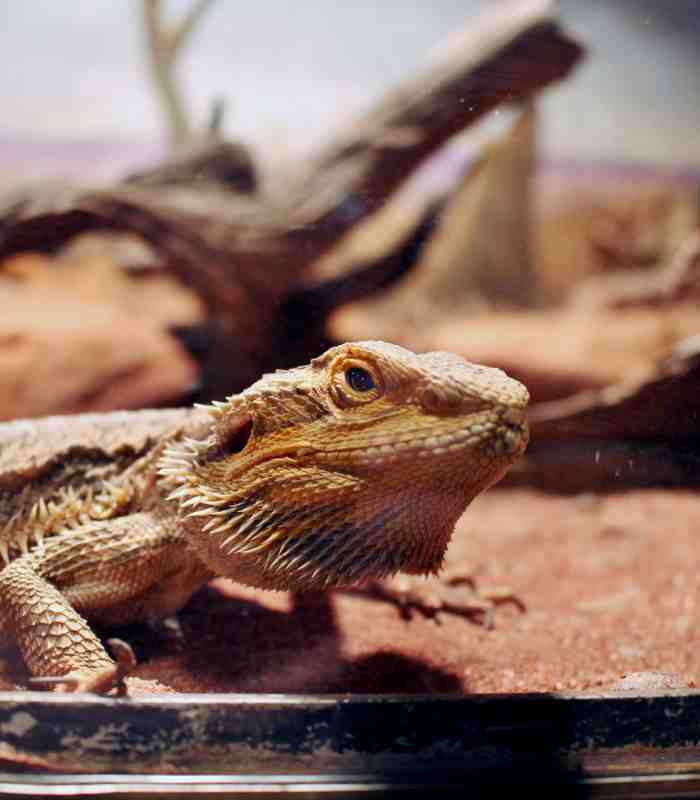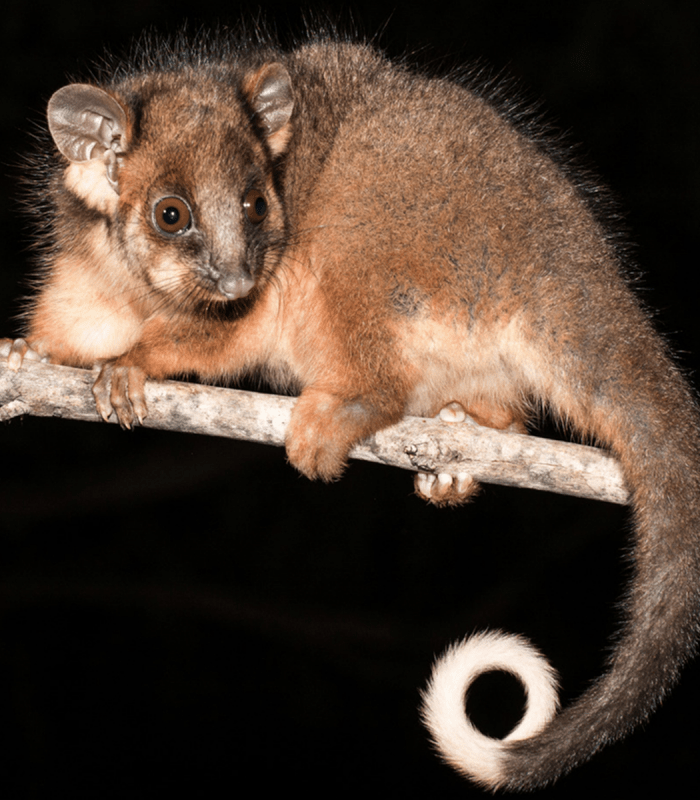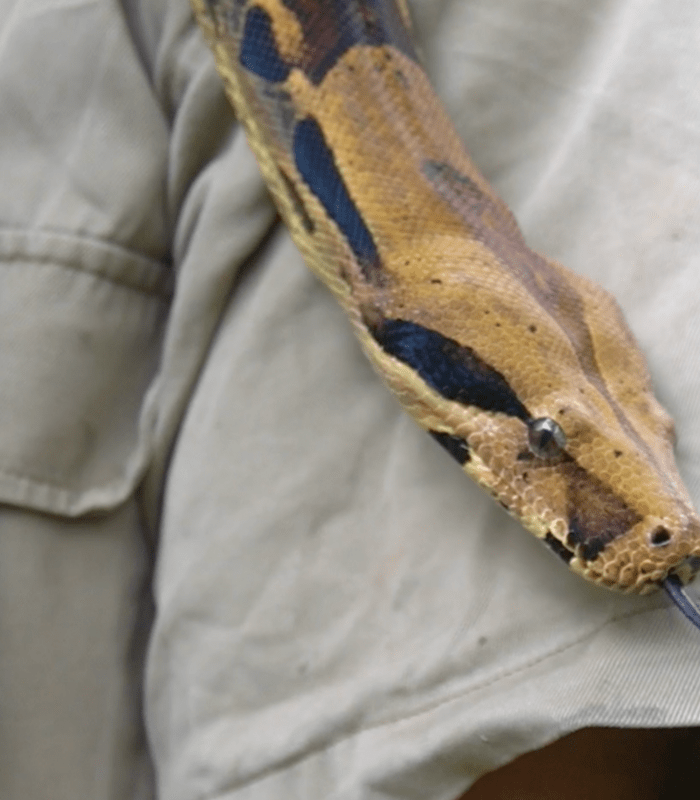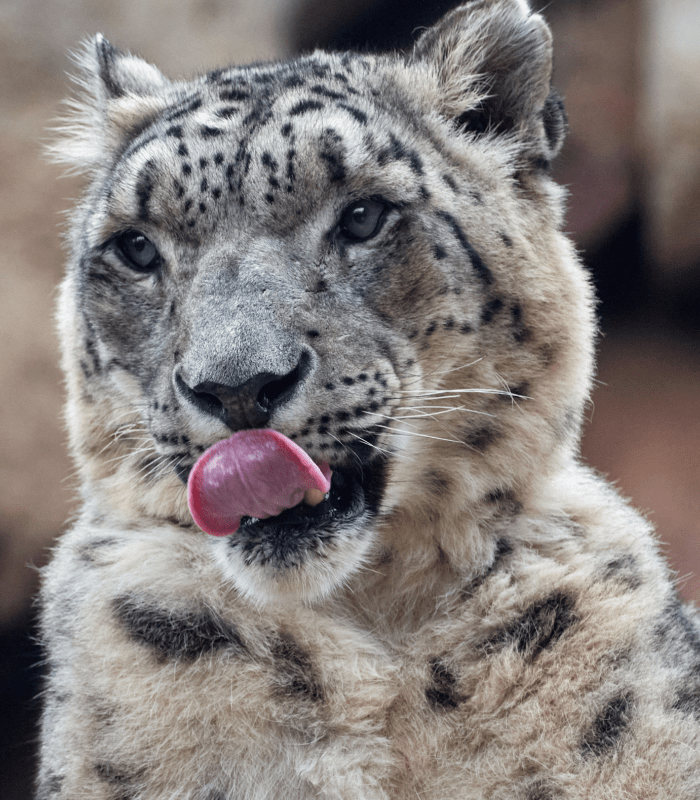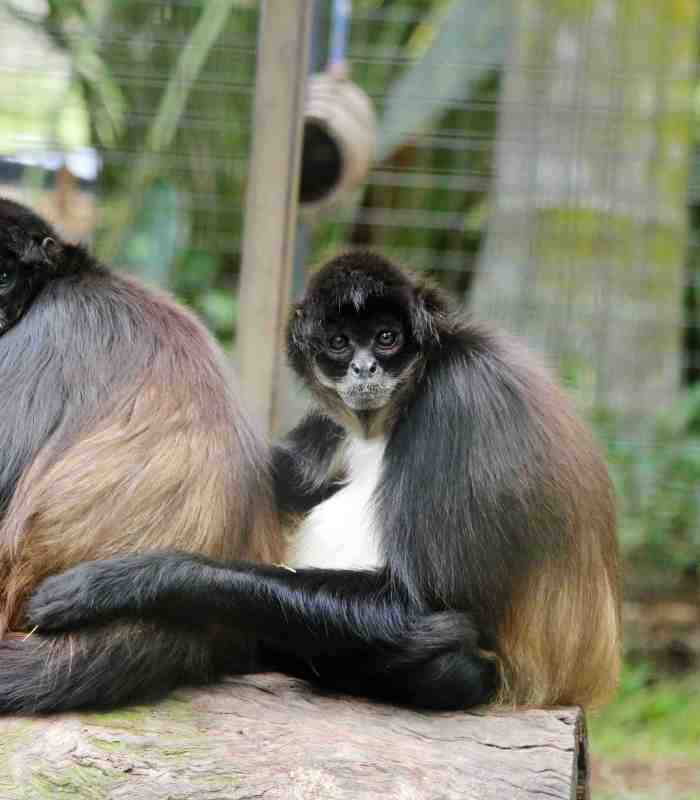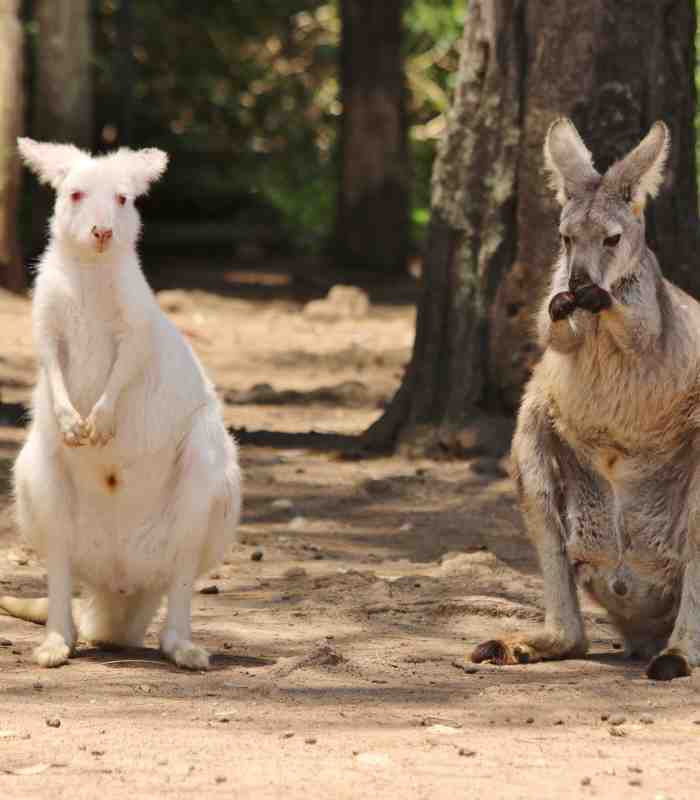Short-Beaked Echidna Tachyglossus aculeatus
Their latin name means ‘quick tongue’ (Tachylossus) and ‘spiny’ (aculeatus). They are Australia’s most widespread mammal, and along with the Platypus, Echidnas are monotremes; which are the only mammals that lay eggs.
Distribution and habitat
They are found throughout Australia and in coastal and highland regions of eastern New Guinea. They are known for wandering around most habitats from heathland and forests to woodlands and grasslands. They will burrow into the soil and hide under vegetation and shelter in hollow logs or rocks.
Diet
They mainly diet on ants and termites and sometimes earthworms, beetles, and moth larvae. They do not have teeth to chew, so they grind their food between their tongue and the bottom of their mouth. Adults make snuffling noises when they hunt for food, and with their rigid and strong snout they can break open logs and termite mounds. Echidnas slurp up ants and insects with their tongue which is about 17cm long.
Life expectancy and breeding
Life expectancy in the wild is approximately 13 to 14 years. Breeding season is from June to September, and during this season both males and females will emit a strong
odour which allows males to locate the females. During courtship, males may follow one female for up to four weeks to mate with her. Two weeks after successfully mating, the female will lay a single egg into her pouch, after 10 days the egg will hatch producing a jellybean sized young known as a puggle.
Conservation status
LEAST CONCERN (IUCN Red List of Threatened Species)

